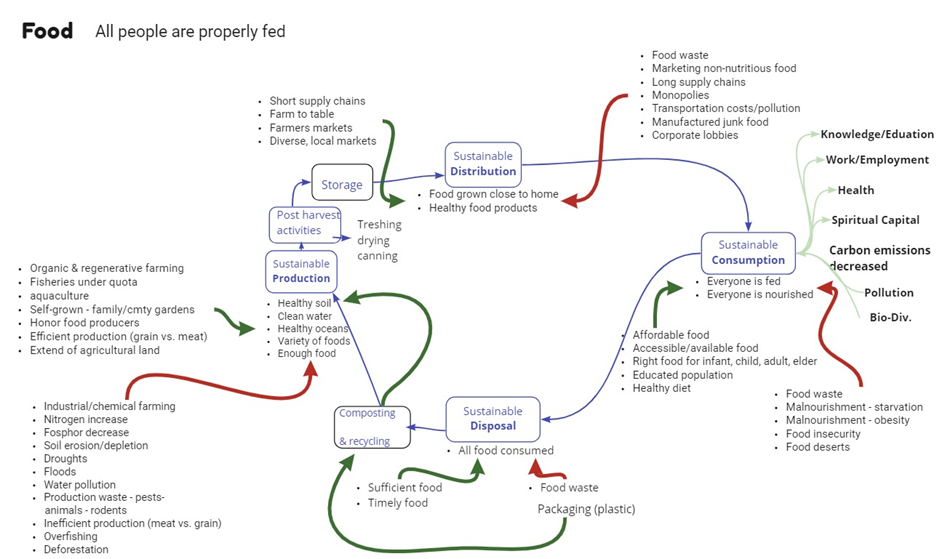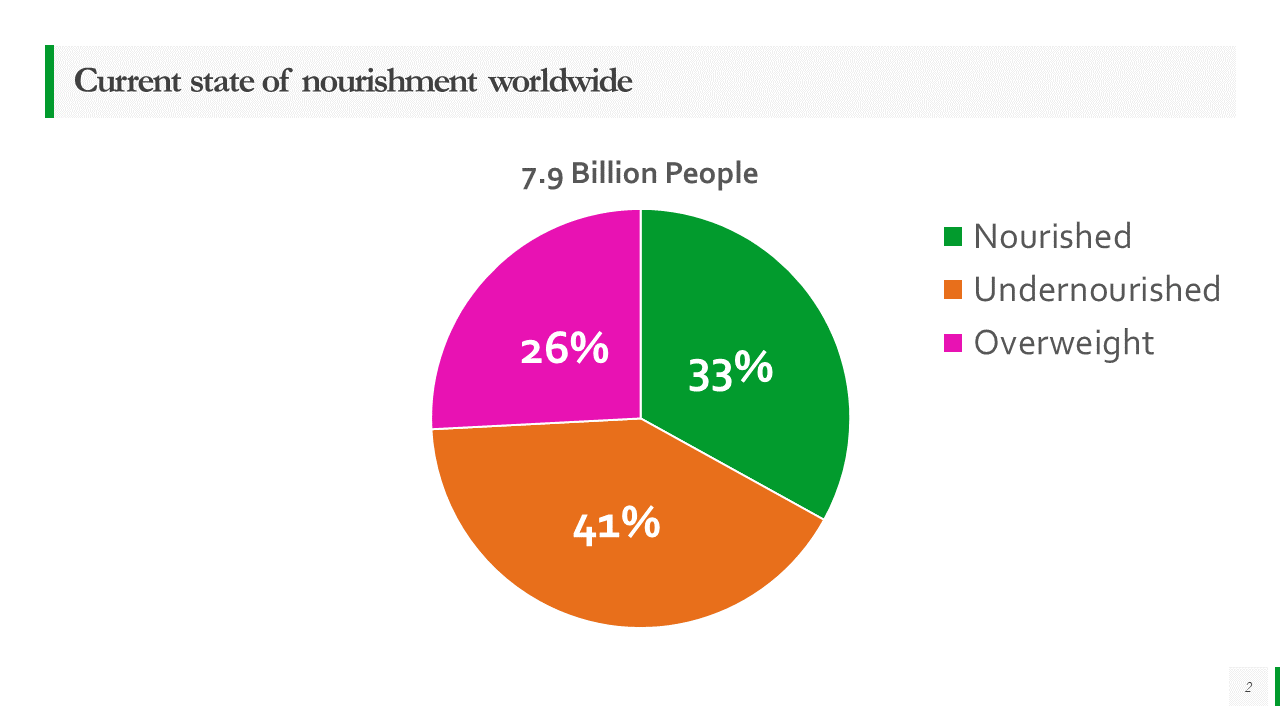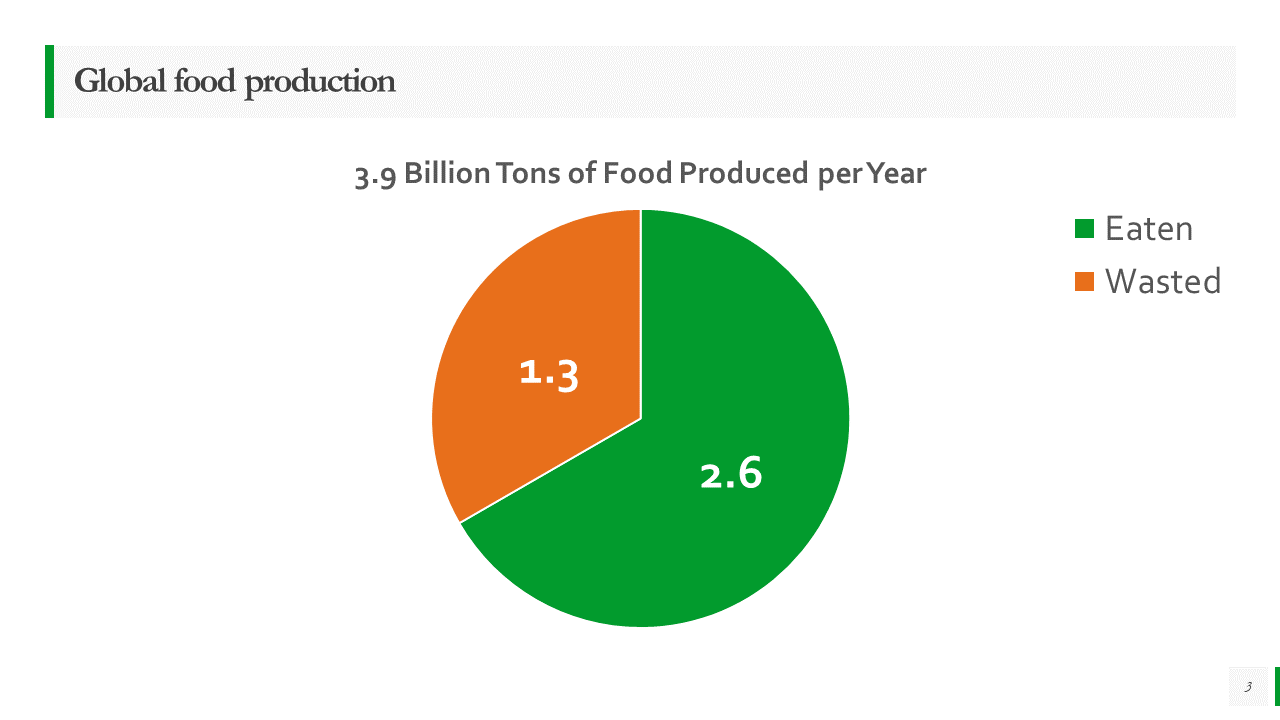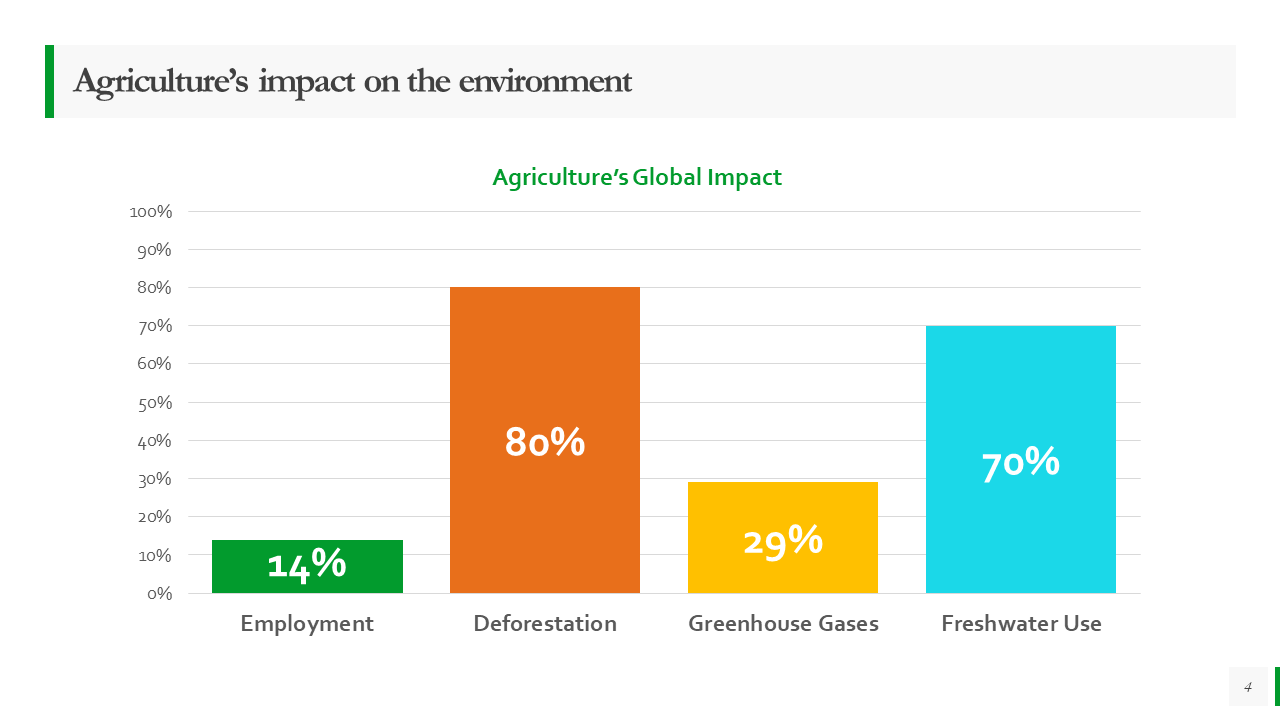5. Food
Working group on Global Systems Accounting
Human well-being accounting
Food is essential for life, so food accounts should include measuring the planetary capacity to produce enough food for all, how it is distributed to meet everyone’s nutritional needs, while eliminating food waste and ensuring an adequate income to all farmers and fishers.
Facilitator: Sara DeHoff
Working group members:
Description
short description
Link to the section of the background paper
Visuals/diagrams




Ideal state
No one is hungry
Everyone of the 7,9 billion people is properly nourished and not suffering from any lack of food for each step of their life, to have a wonderful life of dignity and service.
· Nutritious (to be defined: like grains, vegetables, fruits and nuts)
· Everywhere Available
· Affordable, incentives and subsidies if required
· Sustainable (production, storage, distribution, use and waste recycling)
· Price includes externalities, real environmental costs
· Farmers have a decent income
· Food surplus storage for emergency relief and in times of famine
Non-financial currency
Major components of human diet (quantity and quality)
Positive indicators
Awareness creation of healthy food by learning from good examples, like indigenous people and “blue zones”
Examples of support to rural smallholders, with training, science and tools, increasing production etc. Eg FUNDAEC projects in Latin America
Organic & regenerative farming, locally grown & distributed
Family/Community gardens
Seed banks
International agreements for eg river water management and quota setting for Fisheries
Growing aquaculture
Negative indicators
Large scale Industrial/chemical farming (soil depletion, pollution, etc)
· Climate change causing droughts-floods-water shortage
· 40 major in-country war-conflicts disrupting food production & distribution
· Growing world population
· Too much meat production: (Nitrogen (N) amount increasing
· Food processing in hands of a few corporations (monopolies)
· Food waste (1/3 now, and increasing)
· FAO expects the world’s food systems to collapse in 60 years – due to bad farming practices = BANKRUPTCY
Current state of the art
FAO collects extensive data on the food system
References
The future is now, Global Sustainable Dev Report 2019 UN https://sustainabledevelopment.un.org/content/documents/24797GSDR_repor…
Project Drawdown https://drawdown.org/sectors/food-agriculture-land-use
Ending hunger: science must stop neglecting smallholder farmers: https://www.nature.com/articles/d41586-020-02849-6
FAO. 2011. Global food losses and food waste – Extent, causes and prevention. Rome), https://www.fao.org/3/mb060e/mb060e00.pdf
FAO and Alliance of Bioversity International and CIAT. 2021. Indigenous Peoples’ food systems: Insights on sustainability and resilience from the front line of climate change. Rome. https://doi.org/10.4060/cb5131en
Return to Global Systems Accounting page

Last updated 30 April 2022
